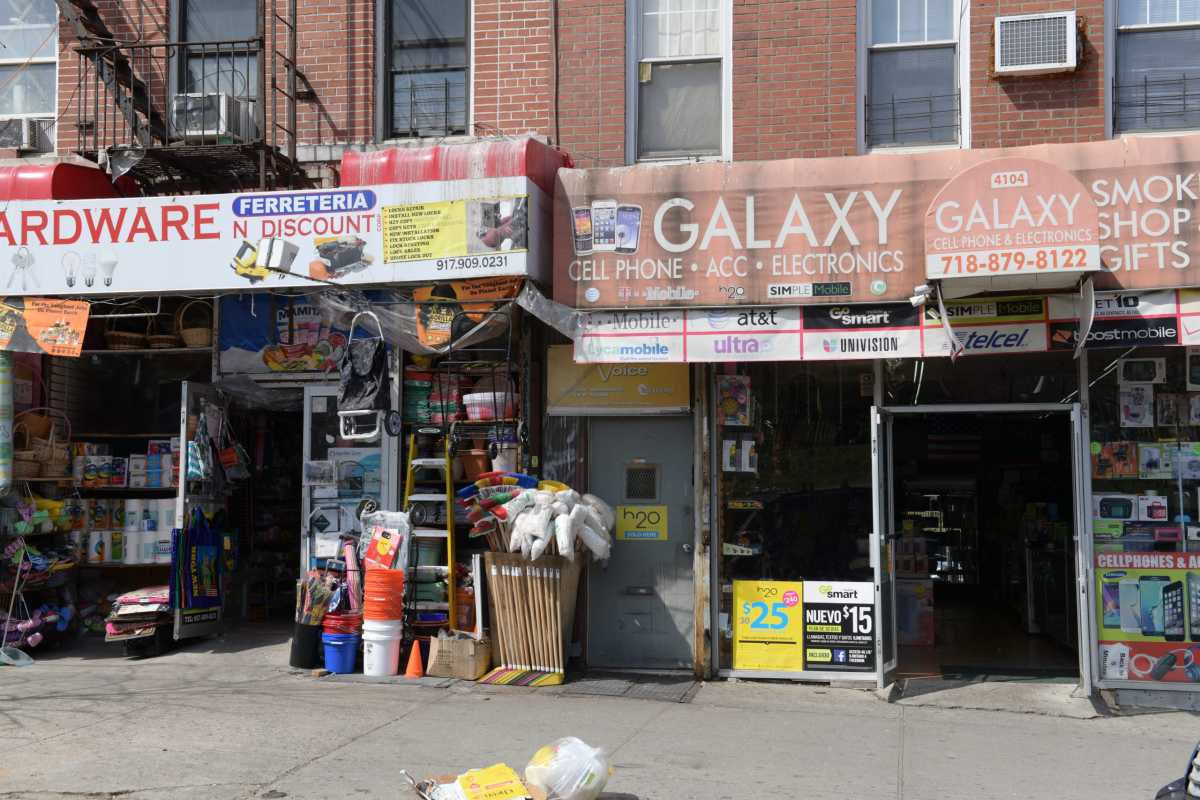Job losses and business shutdowns related to the coronavirus pandemic will blow giant holes in New York City’s budgets, according to City Comptroller Scott Stringer.
Depending on how long the outbreak persists in New York City, the projected revenue losses could reach $6 billion by the end of June, Stringer said. Previously, the comptroller had estimated $3.2 billion in lost revenue — but that was before the rash of layoffs and lost business citywide over the past week, as social distancing measures and emergency closure orders took hold.
“The COVID-19 pandemic is already putting enormous financial strain on our city’s workers as millions of New Yorkers grapple with the uncertainty of their next paycheck, paying rent, and taking care of their families. At the same time, the massive slowdown of our city’s economy is going to result in substantial losses of the tax revenue that keep this city running,” said Stringer.
The dreadful economic forecast is largely based on an anticipated “very sharp decline” in business at hotels, restaurants, retail and cultural institutions. These businesses have either severely curtailed or closed altogether due to emergency regulations imposed to combat the rapid spread of coronavirus.
In the best case scenario, Stringer said, economic losses for New York City’s government would range about $4.8 billion if the outbreak is abated in May. The worst case scenario, in which the pandemic lasts the until June, would cost the city $6 billion.
The pandemic’s costs will not only impact the current Fiscal Year 2020 but the next budget as well, Stringer said. The new fiscal year arrives for New York City on July 1, and the City Council and mayor have until June 30 to hammer out a new spending plan.
Stringer expects the coronavirus pandemic will cause budget shortfalls of up to $1.5 billion for the current fiscal year, and up to $4.8 billion for Fiscal Year 2021.
Before the outbreak, the city had anticipated a $2.7 billion budget surplus which it had planned to use for the next fiscal year. Stringer says the city can use the surplus and other savings to close the current budget gap, but that would force the city to find ways to close an even larger deficit next fiscal year.
The comptroller called upon city government to enact a “Program to Eliminate the Gap” (PEG) to find areas where budget reductions could be made.
Stringer also urged the federal government to step in an provide economic relief for New Yorkers and businesses in dire need. This includes direct cash assistance for families, small business and nonprofit loans, expanded unemployment insurance, paid sick leave and financial support for state and city governments.
But getting that economic surplus from Capitol Hill is proving to be difficult. On Sunday, the Senate failed to move forward with a stimulus package proposed by Senate Majority Leader Mitch McConnell. New York Senator Kirsten Gillibrand charged that the bill — which offered a one-time, $1,200 payment for most families — didn’t provide enough relief, and sought more to bail out corporations.
“I’m proud of my vote against this shameful legislation,” Gillibrand said in a statement Sunday night. “I will continue fighting in the Senate to ensure the next stimulus package is fair, equitable, and includes paid sick and family leave for all workers.”




























